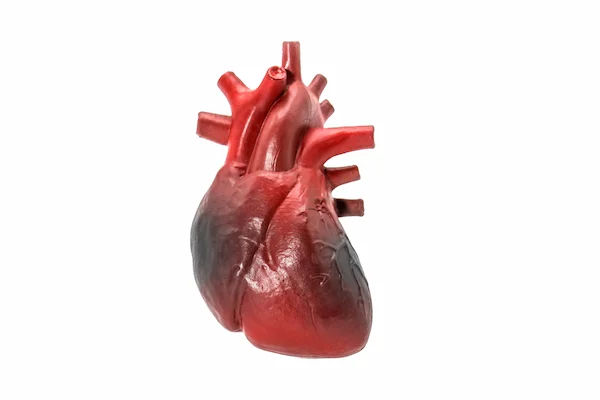After Bypass Surgery: When Can I Drive?
Find out when it might be safe to drive after bypass surgery, what factors to consider, and tips that may support a smooth return to driving.
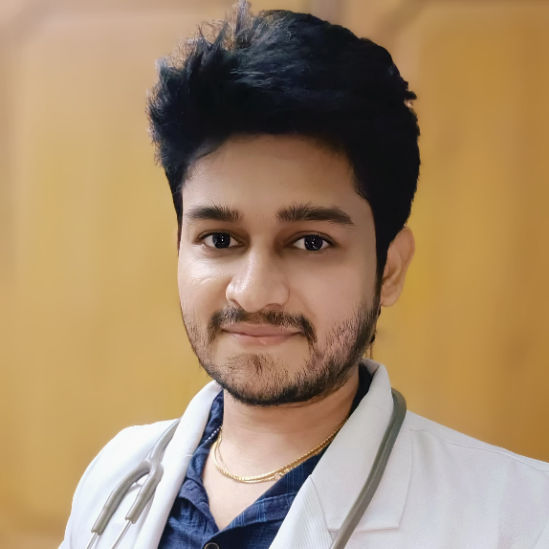
Written by Dr. J T Hema Pratima
Reviewed by Dr. Shaik Abdul Kalam MD (Physician)
Last updated on 24th Jul, 2025
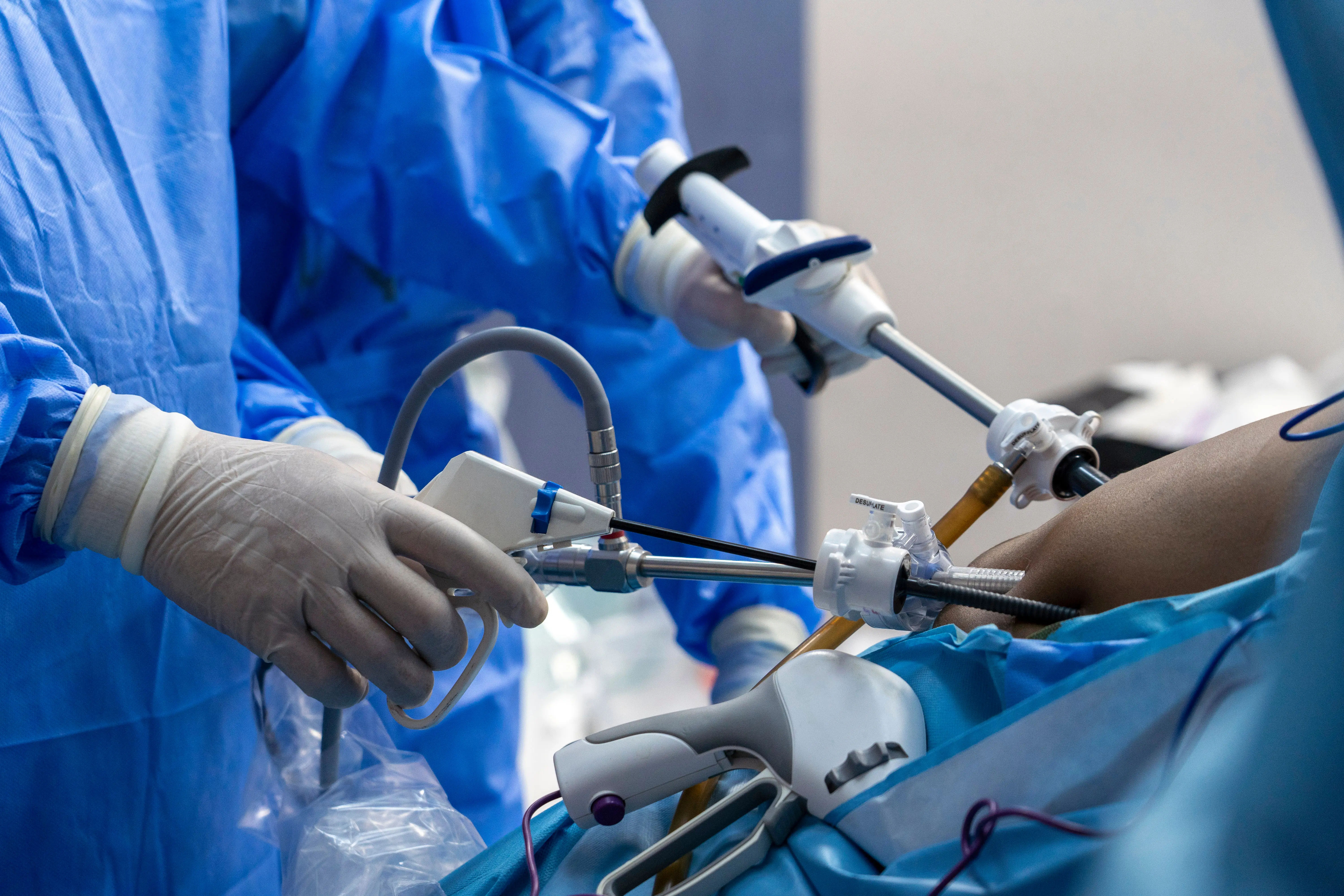
Introduction
Recovering from bypass surgery is a significant milestone, and it’s natural to wonder when you can resume daily activities like driving. While driving may seem like a simple task, it requires physical strength, quick reflexes, and mental alertness—all of which can be affected after surgery. In this article, we’ll guide you through when it’s safe to drive after bypass surgery, what factors to consider, and how to ease back into your routine safely.
Why Is Driving After Bypass Surgery a Concern?
Bypass surgery is a major procedure that involves redirecting blood flow around blocked arteries to improve heart function. While it helps restore health, recovery takes time. Driving too soon can pose risks because:
- Pain and discomfort from the chest incision may limit movement.
- Medications such as painkillers or sedatives can cause drowsiness or slow reaction times.
- Fatigue and weakness may reduce your ability to react quickly in traffic.
- Sternum healing, as the breastbone is often cut during surgery, takes weeks; sudden movements like braking hard could strain it.
Consult Top Specialists for Personalised Heart Health Advice
When Can I Start Driving After Bypass Surgery?
The exact timing varies depending on individual recovery, but here’s a general guideline:
1. First 2-4 Weeks: Avoid Driving
During this phase, your body is still adjusting and healing.
You may still feel fatigued, sore, or dizzy.
Sudden movements while steering or braking may place unnecessary strain on the chest.
2. After 4-6 Weeks: Check with Your Doctor
Most patients are cleared to drive after 4-6 weeks, but only if:
You have stopped taking strong pain medications.
You can move your arms comfortably without pain.
You feel mentally alert and have enough stamina.
Always get approval from your cardiologist or surgeon first.
3. Longer Recovery (6+ Weeks) for Some Patients
If you had complications or a slower recovery, your doctor may advise waiting longer. Those who drive professionally (truck/bus drivers) may need additional tests before returning to work.
Tips for Safe Driving After Bypass Surgery
Once your doctor gives the green light, follow these precautions:
- Start with short trips before attempting longer drives.
- Avoid heavy traffic initially to reduce stress.
- Keep a pillow against your chest in case of sudden braking (to cushion the seatbelt).
- Take breaks if you feel tired or sore.
- Avoid driving at night until you regain full confidence.
- Listen to your body—if you feel dizzy or fatigued, pull over and rest.
When Should You Avoid Driving Altogether?
Even after the recovery period, there may be situations when driving is not advisable.
- Do not drive if you experience:
- Chest pain or shortness of breath
- Dizziness or blurred vision
- Difficulty concentrating
- Severe fatigue
- If these symptoms persist, consult your doctor before resuming driving.
- Alternative Transportation Options
If you’re not ready to drive yet, consider:
- Asking family or friends for rides.
- Using ride-sharing services like Uber, Ola or taxis.
- Public transport if you feel comfortable walking and standing for short periods.
Final Thoughts
Returning to driving after bypass surgery is an important step toward independence, but safety should always come first. Always follow your doctor’s advice, ease back into driving gradually, and stop if you feel any discomfort.
If you’re unsure about when to resume driving or have concerns about your recovery, consult a heart specialist. You can book a consultation with Apollo24|7’s expert cardiologists for personalised guidance.
Consult Top Cardiologists
Consult Top Specialists for Personalised Heart Health Advice
Dr. Jayarajah Mariappan
Cardiologist
45 Years • MBBS, MD(GEN MEDICINE), DM(CARDIOLOGY)
Chennai
Sooriya Hospital, Chennai

Dr. Amit. A. Bharadiya
Cardiologist
12 Years • MBBS, MD General Medicine, DNB Cardiology, FSCAI
Maharashtra
Surabhi Hospital, Maharashtra, Maharashtra

Dr. S B Bhattacharyya
Cardiologist
22 Years • MBBS, MD(General Medicine),DM (Cardiology)
Kolkata
Gariaheart Clinic, Kolkata
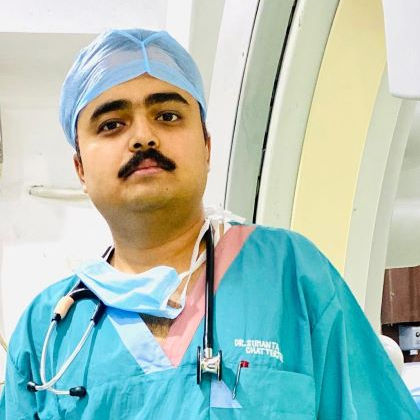
Dr. Sumanta Chatterjee
Cardiologist
12 Years • MBBS,MD General Medicine,DM Cardiology
Kolkata
HealthYou Speciality Clinic & Diagnostics., Kolkata
(25+ Patients)
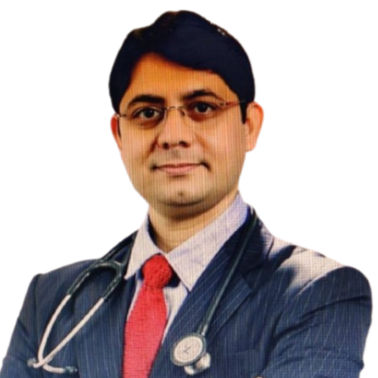
Dr Yogendra Singh Rajput
Cardiologist
16 Years • MBBS, MD (General Madicine), DM (Cardiology)
Gurugram
Svasthya Child & Cardiac Care, Gurugram
Consult Top Cardiologists
Dr. Jayarajah Mariappan
Cardiologist
45 Years • MBBS, MD(GEN MEDICINE), DM(CARDIOLOGY)
Chennai
Sooriya Hospital, Chennai

Dr. Amit. A. Bharadiya
Cardiologist
12 Years • MBBS, MD General Medicine, DNB Cardiology, FSCAI
Maharashtra
Surabhi Hospital, Maharashtra, Maharashtra

Dr. S B Bhattacharyya
Cardiologist
22 Years • MBBS, MD(General Medicine),DM (Cardiology)
Kolkata
Gariaheart Clinic, Kolkata

Dr. Sumanta Chatterjee
Cardiologist
12 Years • MBBS,MD General Medicine,DM Cardiology
Kolkata
HealthYou Speciality Clinic & Diagnostics., Kolkata
(25+ Patients)

Dr Yogendra Singh Rajput
Cardiologist
16 Years • MBBS, MD (General Madicine), DM (Cardiology)
Gurugram
Svasthya Child & Cardiac Care, Gurugram
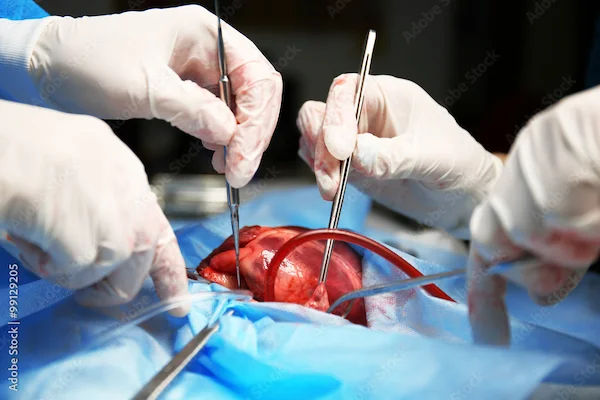
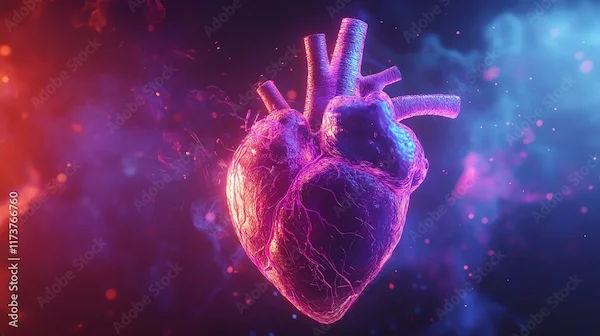

.webp)
